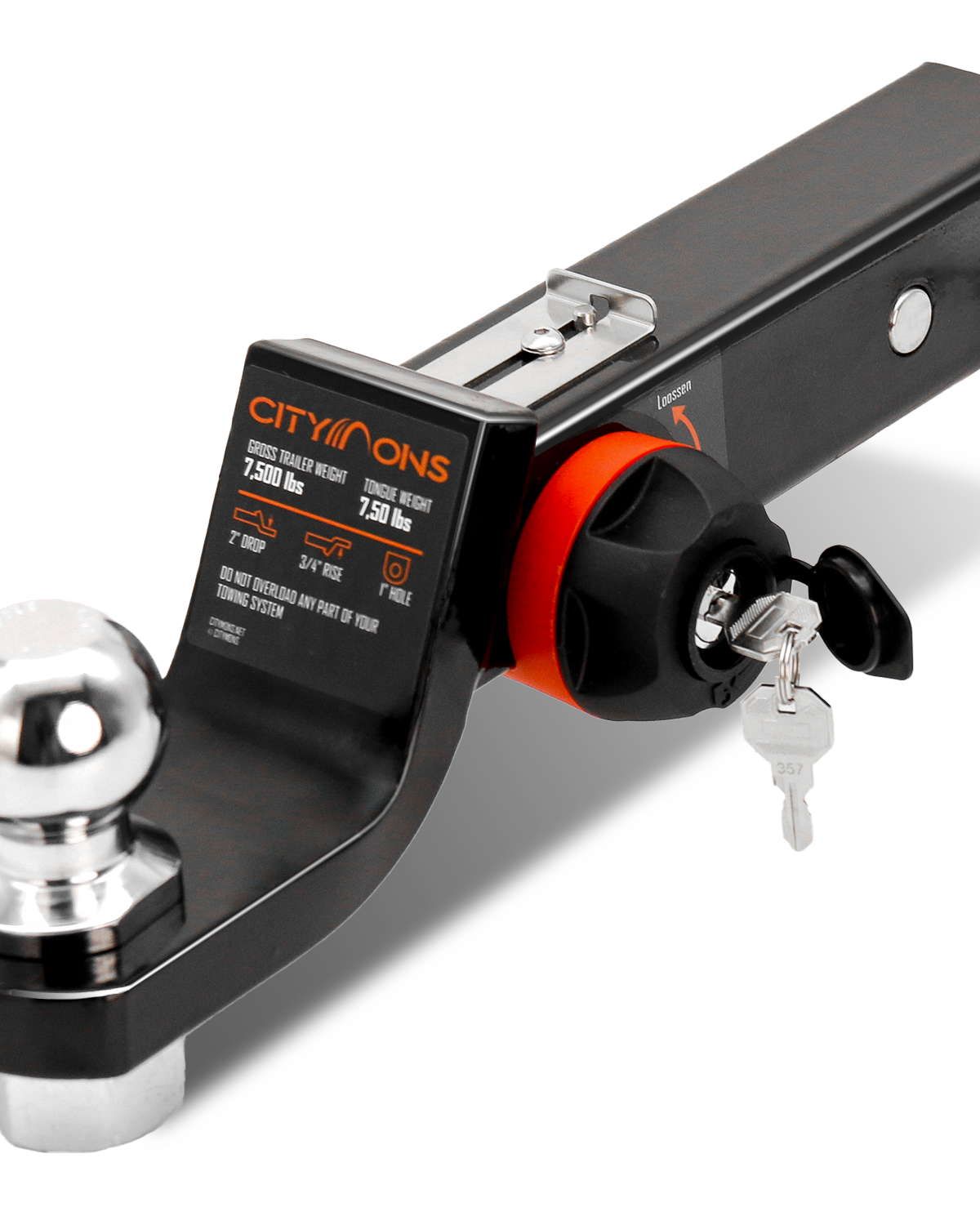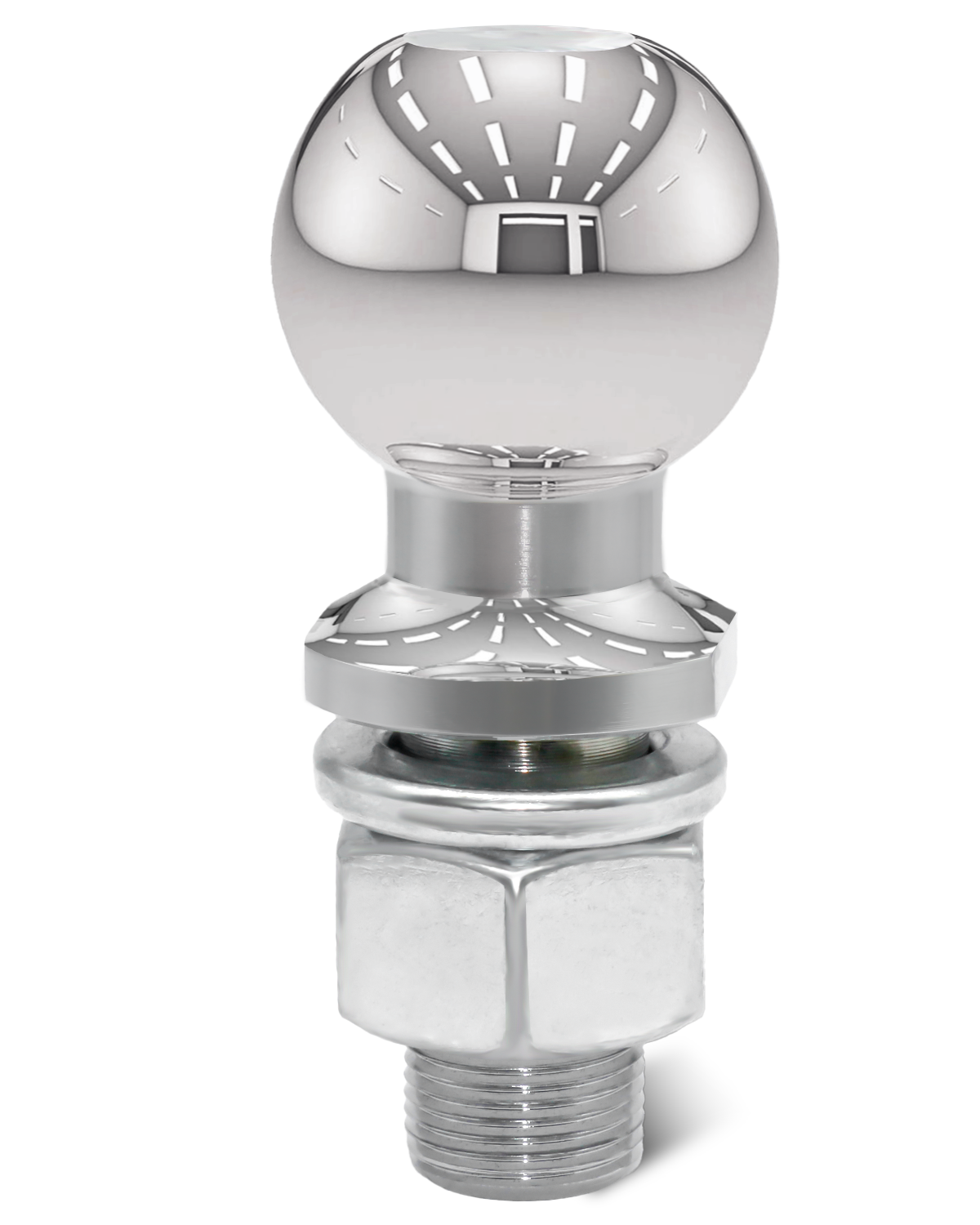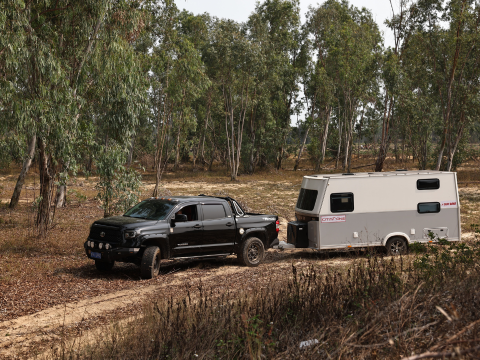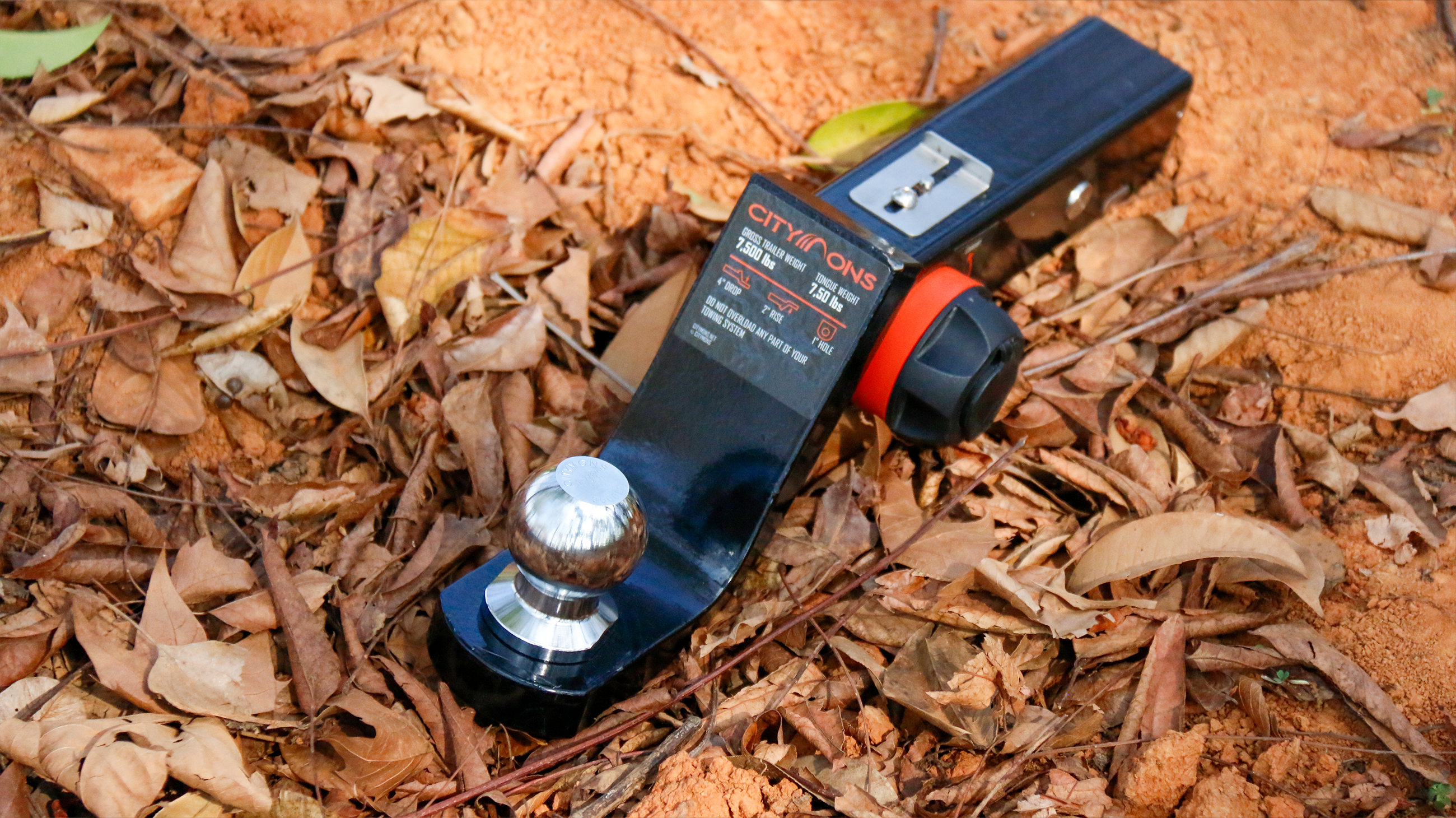Trailer hitches are essential for safe towing, but over time they can wear out or fail. Recognizing early signs of hitch failure and taking preventive measures can ensure a safer and more reliable towing experience.
Common Causes of Trailer Hitch Failure
- Wear and Tear: Constant exposure to stress, dirt, moisture, and road salt can weaken the hitch over time.
- Improper Installation: Loose or poorly installed hitches can cause instability and failure.
- Overloading: Exceeding the hitch's weight capacity can damage the components.
- Rust and Corrosion: Road salt and moisture can cause rust, compromising the hitch’s strength.

Signs of Potential Failure
- Visual Inspections: Check for cracks, rust, or loose bolts. Pay attention to mounting points for any signs of wear.
- Unusual Noises: Rattling or clunking sounds while towing may indicate loose or worn components.
- Swaying or Instability: Excessive swaying or bouncing can signal hitch or weight distribution issues.
- Faulty Locking Mechanism: Ensure the hitch lock functions properly to avoid detachment.
Preventing Trailer Hitch Failure
- Regular Maintenance: Clean, inspect, and lubricate the hitch regularly. Apply rust-resistant coating to prevent corrosion.
- Avoid Overloading: Stick to the recommended towing limits for both the vehicle and hitch.
- Choose a Quality Hitch: Invest in a reputable hitch to ensure durability and reliability.
- Proper Storage: Store the hitch in a dry place, and protect it from the elements when not in use.

Conclusion
Regular inspection, proper maintenance, and responsible towing can prevent trailer hitch failure. Stay alert to signs of wear and ensure your hitch is in top condition to enjoy a safe towing experience.






